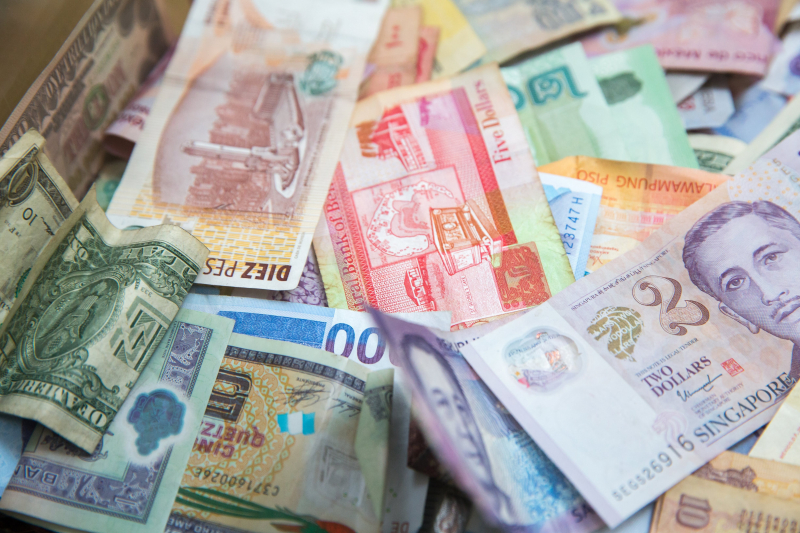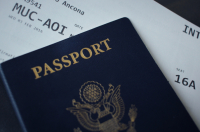Opening an Account
If you’re working in Russia, most employers open a salary account for every new employee, and thus the wages of the employee will be transferred to that account and can then be transferred to another account if so desired.
All ITMO University staff and students receive their salary or stipend as a direct deposit to their savings account with Bank Saint Petersburg. The account is opened as part of the enrollment process.
Once the account is set up and is receiving payments, funds can be withdrawn with an ATM card or wired electronically to other bank accounts. The last option is particularly popular with international staff members leaving and transferring the balance to their accounts at home. The bank also has a smartphone app for checking the balance and basic mobile banking. Online banking and the mobile app are both available in English.
Other Russian Banks
One of the downsides of Bank Saint Petersburg is that while ATM’s are available in every single metro station in the city, there are very few ATMs available in other parts of the country, and thus you’d be taking money out with a commision when you travel. If you want to open up another bank account that is more widely used there are a range you can choose from. Sberbank, VTB, Alfa-Bank, RaffeizenBank, Binbank, Rosbank, Promsvyazbank are amongst the largest in the country. Here’s some banking terminology you might find useful.
Sberbank and VTB are the biggest and most widespread banks across the country, if you want to travel around and have access to your bank account anywhere without having to pay commission, these would be the most convenient.
Sberbank’s site and online app aren’t translated into English so it’ll be challenging if you don’t know Russian, but the services are advanced, you can transfer money to others with the same bank in the same city without commission via SMS, but the card does have an annual fee, unlike some other banks. There’s also an option of getting an aeroflot card, so you can get miles on your aeroflot frequent flyer when you use this special card.
In almost all of these banks, a ruble, dollar or euro account can be opened, but often, cash cannot be withdrawn in all these currencies from an ATM. RaffeizenBank is quite foreign friendly since it’s an Austrian bank, you can open a dollar and euro account, and you can withdraw and deposit dollars and euros from various ATMs across the city if that’s what you need.
Using Foreign Bank Cards
Visa and MasterCard are widely accepted in St. Petersburg. It’s advisable to let your bank know that you will be traveling to Russia before your departure so that your purchases here don’t get flagged as fraud or declined. It’s also a good idea to check if your credit card charges a commission on purchases. As a side note, some credit cards also have travelers insurance as a standard part of their package – something else worth looking into.
Travelers Checks are not widely accepted in St. Petersburg and where they are, the commission can be quite high. Personal checks are not accepted.
Foreign currency, particularly US dollars and Euro, can be exchanged into Russian RUB at many exchange offices around town. There is an exchange office known for having particularly good rates on Ligovskiy per., 4, although as in any large city, it’s never advisable to carry large amounts of cash.
If you’re using your foreign key card to get money out of an ATM, please note there is usually a limited number of rubles you can take out with each transaction, and there’s always a commission, either a % or a fixed sum. Sometimes there is also a limit of how many rubles you can take out a day.
As during any travels, if you’re using your credit or debit card, it’s advisable to regularly check your statements for any signs of unauthorized activity.
Questions? Drop a note to our International Students Learning and Support Center.
Last updated August 2017. Banking information is subject to change. ITMO University assumes no responsibility or liability for the professional ability or reputation of, or the quality of services provided by, the entities or individuals mentioned in this article.
International Editorial Office



